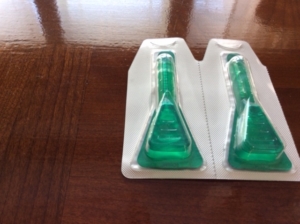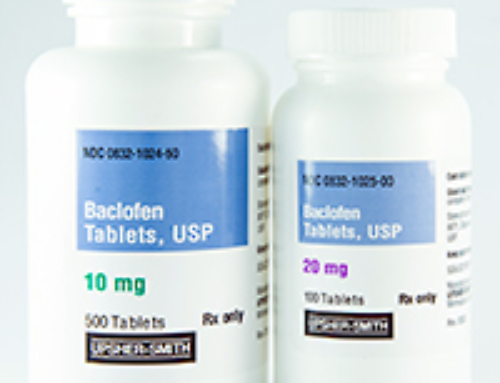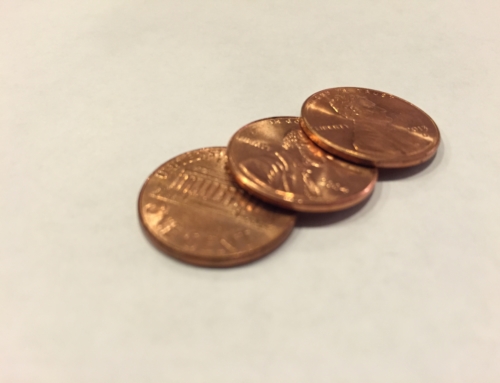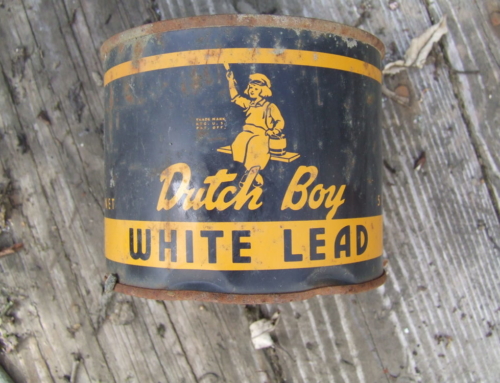If you have any reason to suspect your pet has ingested something toxic, please contact your veterinarian or one of the other resources listed:
• ASPCA Animal Poison Control Center 24-hour hotline at (888) 426-4435
• Pet Poison Helpline® 24-hour animal poison control service at (855) 764-7661
Permethrin
Permethrin is commonly found in flea control preparations, insect repellants and agricultural insecticides. While permethrin may be safely used (when dosed appropriately) in most animals, it is extremely dangerous to cats.
It is important to always read and follow the label instructions before applying flea control medications to your pet. Products labeled “for dogs only” should never be used on a cat. Ferrets are also indicated for this toxicity and require the use of kitten formulations.
Toxicosis has occurred from feline accidental exposure to recently treated animals. Always separate your cat from other animals that have been treated with topical permethrin until the medication is dry and discourage any feline grooming of those animals.

Signs and symptoms of toxicity: Signs of toxicity may develop within a few hours or may be delayed for up to 3 days. These signs and symptoms include agitation, tremors, difficulty walking, increased body temperature, and increased sensitivity to stimuli.
Toxic consumption: There is no established threshold for toxicity. All incidents of exposure should be reported immediately.
References:
Richardson, J.A. (2000). Permethrin Spot-On Toxicosis in Cats. J Vet Emerg Crit Care 10(June):103-6.
Pet Poison Control is provided free as a public service by the American College of Veterinary Pharmacists. Today we’re asking you to support us with a small donation. If you would like to dedicate your gift in honor or memory of a pet or individual, you will have that option before checkout. Your gift of any amount helps us maintain this resource and make it available to the pharmacy and veterinary communities. Thank you!





